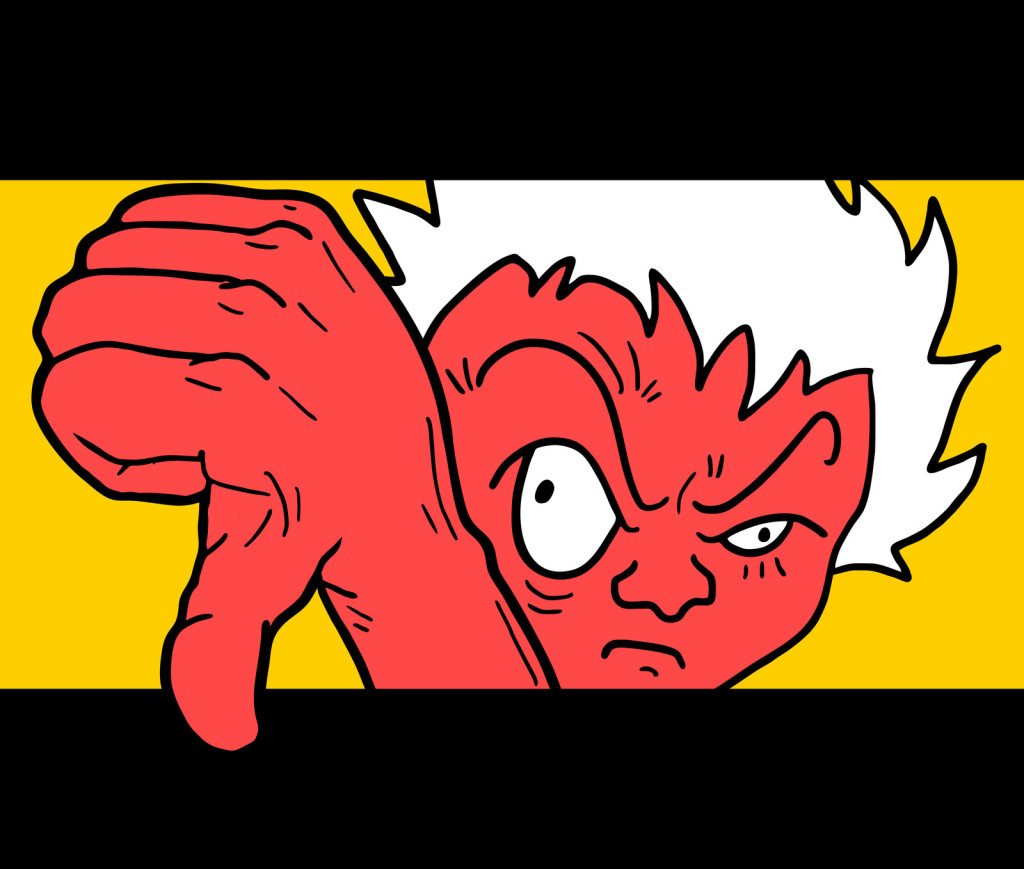On January 26, 2017, a New York state appeals court panel affirmed a lower court’s dismissal of a $10 million malpractice complaint filed against Alston & Bird LLP. The court held that the complaint filed by Alston’s former client, high-tech fabric maker Brookwood Cos., Inc., failed to state a plausible claim that Brookwood would have avoided millions of dollars in additional legal fees it paid to Alston to defend Brookwood in a patent infringement lawsuit. Notably, Brookwood prevailed in the underlying patent infringement lawsuit upon which its malpractice case was predicated.
The Underlying Patent Suit Representation
In 2007, Nextec sued Brookwood for patent infringement. Nextec’s patent included product and process claims. Nextec alleged that Brookwood was making a fabric that infringed the product claims of Nextec’s patent, and that Brookwood’s method of applying a coating to the fabric infringed the process claims of Nextec’s patent. See Nextec Applications, Inc. v. Brookwood Cos., No. 07-cv-6901 (S.D.N.Y. 2007). Alston represented Brookwood in the litigation.
Brookwood’s answer included a defense under 28 U.S.C. § 1498, which provides that whenever a patented invention is made for the United States government, the patentee’s remedy is to sue the government in the Court of Federal Claims.
In 2009, the district court granted-in-part and denied-in-part Brookwood’s motion for summary judgment based on the government contractor defense. The court dismissed all claims related to fabric products made for eventual delivery to the federal government. The motion was denied to the extent that Nextec raised fact issues regarding whether some of the accused fabric products were sold to the general public.
At the close of discovery, Alston, on behalf of Brookwood, moved for summary judgment of invalidity and noninfringement. In the alternative, Brookwood moved to dismiss pursuant to the government contractor defense. In 2010, the district court dismissed seven of the ten method claims but denied that part of Brookwood’s motion made pursuant to 28 U.S.C. § 1498 as “premature” because it was plausible for a jury to conclude that it was not necessary to infringe Nextec’s patents to fulfill the government contracts.
Brookwood subsequently replaced Alston & Bird with new counsel. Brookwood obtained a judgment of noninfringement, which was affirmed on appeal.
The Patent Malpractice Action
After prevailing in the underlying infringement action, Brookwood sued its former counsel Alston for legal malpractice. Brookwood’s theory was that Alston negligently litigated the Section 1498 issue. According to Brookwood’s complaint, if Alston not been negligent, the motions that Alston eventually filed based on Section 1498 would have been granted and Brookwood would have avoided $10 million it expended in additional defense costs before the district court and Federal Circuit. “In other words, but for [Alston’s] negligence, Brookwood could have achieved the same result more expeditiously and economically.”
The state trial court dismissed the complaint for failure to state a claim, and the appellate court affirmed. Brookwood Cos., Inc. v. Alston & Bird LLP, 2017 NY Slip Op. 00535 (N.Y. 1st Dept. Jan. 26, 2017). The appellate court held that litigation counsel’s strategic decisions and a client’s disagreement with that strategy fails to support a malpractice claim. Furthermore, “an attorney’s selection of one among several reasonable courses of action does not constitute malpractice.”
 The appeals court further found that Brookwood’s “hindsight arguments concerning the nature and quality of the evidence” that Alson & Bird chose to use in its second summary judgment motion in the Nextec action fail to state a claim. The court further found that Brookwood’s malpractice claim “is wholly speculative” and “‘depends on too many uncertainties’ to support a conclusion that there would have been a more favorable, that is quicker, outcome in the underlying litigation.” Because Brookwood prevailed in the underlying infringement action and failed to show that its litigation expenditures were damages proximately caused by Alston’s alleged malpractice, the court held that dismissal of Brookwood’s complaint was warranted.
The appeals court further found that Brookwood’s “hindsight arguments concerning the nature and quality of the evidence” that Alson & Bird chose to use in its second summary judgment motion in the Nextec action fail to state a claim. The court further found that Brookwood’s malpractice claim “is wholly speculative” and “‘depends on too many uncertainties’ to support a conclusion that there would have been a more favorable, that is quicker, outcome in the underlying litigation.” Because Brookwood prevailed in the underlying infringement action and failed to show that its litigation expenditures were damages proximately caused by Alston’s alleged malpractice, the court held that dismissal of Brookwood’s complaint was warranted.
In addition to the malpractice claim, Brookwood alleged that Alston fraudulently induced Brookwood to retain it as its litigation counsel. The appeals court had no trouble affirming dismissal of this claim. Citing the Federal Circuit’s decision in Seagate, the court noted that “Brookwood’s arguments that [Alston] could not use its noninfringement opinions in the patent litigation because it would have waived the attorney-client privilege is incorrect as a matter of law.” Moreover, even if waiver of privilege was open for dispute, the court held that it was irrelevant for purposes of the malpractice claim because the issue of willfulness was never reached. Thus, the court concluded, the fraudulent inducement claim failed as a matter of law.
Conclusion
This case illustrates one of the truisms often said by litigators who represent clients in high stakes IP litigation. If you lose the case, the client is upset because you lost and also because of the fees charged. But even if you win—as was the case here with Alston—the client may still be upset because of the fees you charged. Thus, even though Brookwood eventually prevailed, and much of that win should be attributed to the hard work of Alston & Bird, the thanks the law firm received for its effort was a $10 million malpractice lawsuit.
One must wonder though whether the Supreme Court’s Octane Fitness decision will reduce the likelihood of these types of malpractice cases in the future. Indeed, Brookwood was the prevailing party in the underlying patent case. Unfortunately for Brookwood, it prevailed before Octane Fitness was decided. Under the more liberal standard for determining whether a patent case is exceptional, perhaps prevailing patent clients will be more inclined to direct their unhappiness over their attorneys’ fees at the opposing party instead of at their own counsel.
